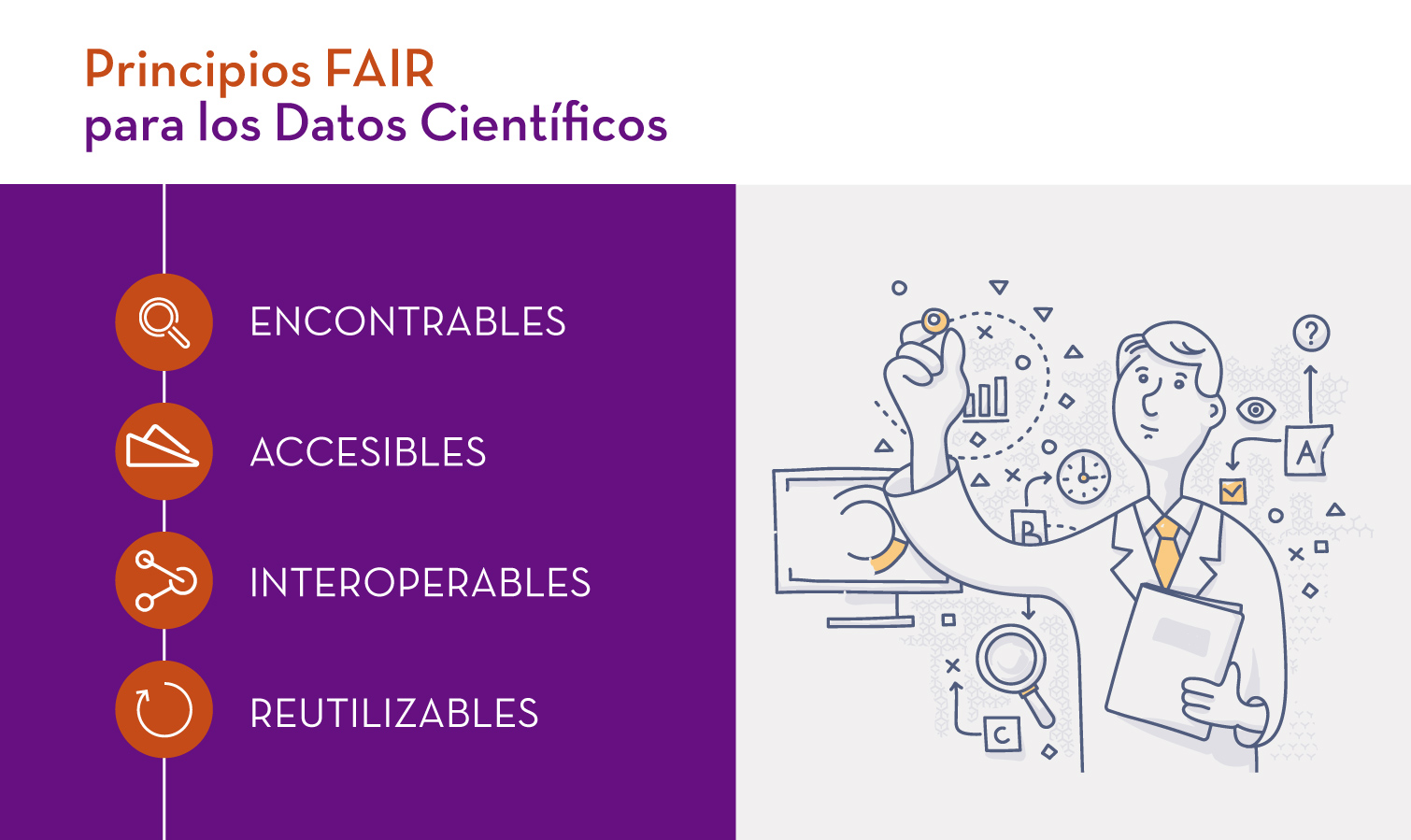The regional data offices join forces to formulate joint strategies and policies to lay the foundations for the digital future
Fecha de la noticia: 24-11-2023

Navarra has been the chosen venue to bring together, for the first time, representatives of the Data Offices of the autonomous communities around the centrality of data in public management. The meeting, promoted by the Secretary of State for Digitalization and Artificial Intelligence (SEDIA) and the Government of Navarra, was aimed at sharing the advances in the world of data at the regional level, as well as the assumption of commitments to lay the foundations for a digital future linked to data and its transformative power.
Focus on the transformative power of data
The Councilor for University, Innovation and Digital Transformation of the Government of Navarra, Juan Cruz Cigudosa García, was in charge of opening the conference, emphasizing the need to strengthen the response to social challenges and stimulate innovation and economic development through data, highlighting the unavoidable commitment to innovation through the use of disruptive technologies such as Artificial Intelligence, always under an ethical prism and respect for European values and principles. In this last line of action, the launching of an Ethics Committee for the Navarra Data Office was announced. This committee, framed in the Digital Spain Strategy and the Navarra Digital Strategy 2030, is aligned with the active policies and the national and international leadership of SEDIA, reflected in its charter of digital rights.
Next, the Chief Data Officer of the Government of Spain, Alberto Palomo, highlighted the strategy that had been designed at European level in relation to data and its sovereign management. He also pointed out the transformative power of data, a key element in the digital transformation and in the entry of technologies such as artificial intelligence. He also reported on the recent statement published as a result of the current Spanish Presidency of the Council of the European Union, which was signed at the beginning of November during the Gaia-X Summit meeting under the name "The Trinity of Trusted Cloud, Data and AI as Gateway to EU's competitiveness". This document is a declaration that shows the commitment of the participants in this meeting to boost data spaces in Europe through strategic autonomy in the cloud, data and artificial intelligence. It agrees, among other points, to expand and improve coordination in the development of European cloud and data initiatives, advocating interoperability as a backbone element and advocating the development of Artificial Intelligence based on high quality data and with solid governance. It also highlights the need to homogenize data sources to better model relationships, optimize processes and innovate and create new business models.
The day continued as a communication forum, in which, as an example, direct experiences of the participants could be shared, thus creating a space for reflection and dialogue. The day was structured through three thematic blocks, about the who, the how and the what for, with each block being contextualized, before the specific presentations, by SEDIA's Data Office and grounded in practice by the Government of Navarra.
-
The first thematic block was "The data ecosystem: who". It addressed some of the strategies around data from the Generalitat de Catalunya and from the Basque Government.
-
This was followed by presentations in a second block entitled "Governance model, ethics and culture: how". The governments of Aragon, Andalusia, the Canary Islands, Valencia and the Spanish Federation of Municipalities and Provinces made presentations of their success stories in this area.
-
In a final block entitled "Citizen service, innovation and data spaces: what for", presentations were given by Andalusia, the National Institute of Statistics, Castilla-la Mancha and the General Secretariat of Digital Administration, and Red.es, the latter presenting the services offered to the autonomous communities from the datos.gob.es platform.
Seven key principles to drive the data economy forward
The meeting culminated with the presentation of seven principles to advance the joint formulation of strategies and policies related to data management and the digital future. These are:
-
Establish effective data governance by setting policies, standards and procedures for the effective management, exploitation and sharing of data, while implementing controls and evaluations to ensure compliance.
-
Perform an ethical treatment of data, assessing the lawfulness and legitimacy of all data practices, seeking to minimize any adverse impact on individuals and society.
-
Prioritize reliable administrative processing centered on data, prioritizing the transition from document to data, capable of enabling and catalyzing the use of advanced technologies and tools for descriptive, predictive and prescriptive analytics (BI, big data, machine learning, deep learning), generative algorithms (LLM, GPT) and process automation (RPA).
-
Deployment of sovereign data sharing as a resource whose value increases with its dissemination, establishing who can access what data and under what conditions of use, security and trust.
-
Encourage the open dissemination of information, promoting its effective reuse and publication in accordance with FAIR principles, i.e., ensuring that data is findable, accessible, interoperable and reusable.
-
Designing and analyzing public policies based on evidence, in order to make informed decisions that lead to effective services and public innovation.
-
Fostering data culture, promoting the creation of new profiles, positions and responsibilities related to working with data, without neglecting the training and transmission of knowledge around data.
The success of the participation, the interventions and reflections raised show the consensus on advancing towards the achievement of a data-oriented Administration, capable of taking advantage, through the use of innovative technological means, of the potential of data, enabling the design, implementation and evaluation of public policies focused on the citizen, generating a data-oriented, sustainable, inclusive and social value-generating economy.
The Forum has thus become a meeting point and a place to generate synergies between the different public administrations. Interoperability between the various public sector agencies and between the different levels of government in the processing and exchange of information boosts territorial cohesion and enables the effective use of available technologies in the quest to satisfy the common good.














